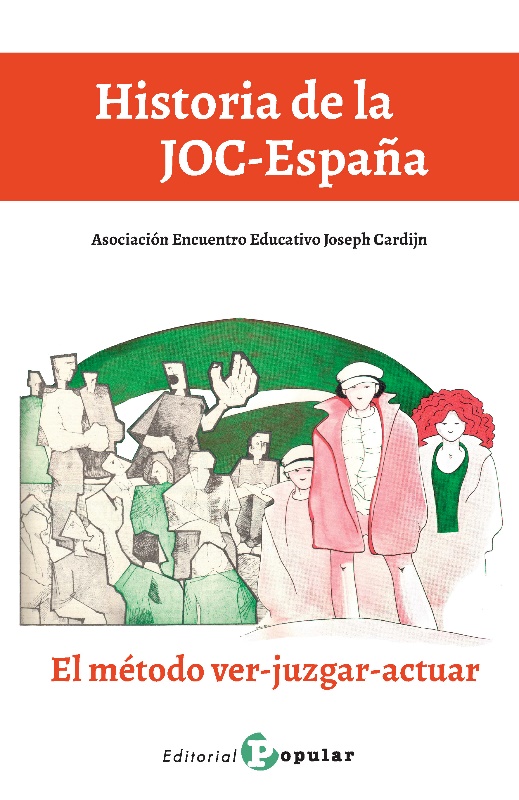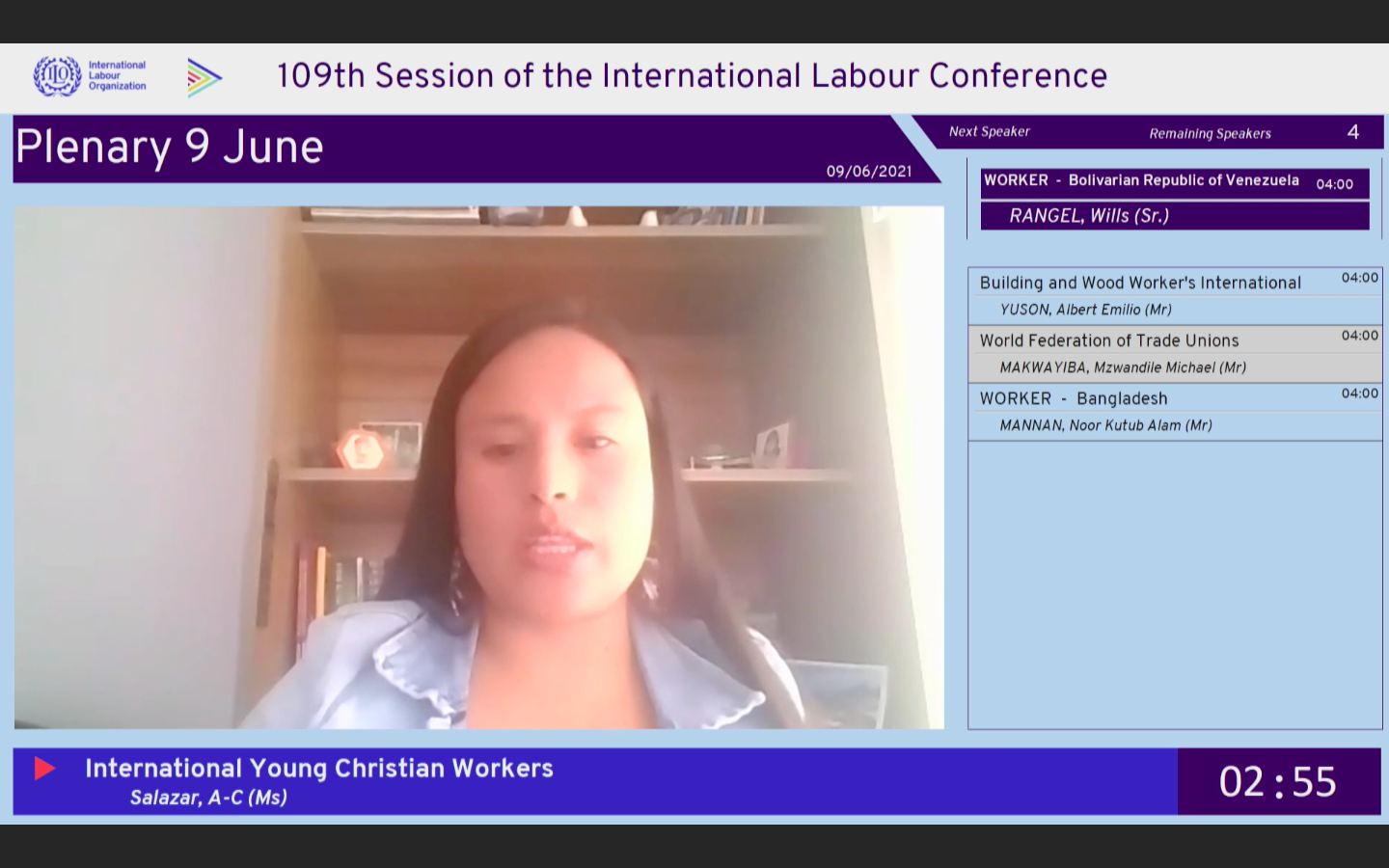
The Young Christian Workers (YCW) was born and developed in Spain throughout the 20th century, as in so many other countries. Because of its youth, worker and Christian character, it was always deeply marked by all the contradictions, fears and hopes of those turbulent times. On the one hand, it was rooted in the Spanish Catholic tradition, recognizable not only in its religious dimension, but also in its very relevant social, political and cultural role. On the other hand, it faced without complex the profound changes and the new realities and challenges that were constantly emerging from the workers' struggles.
This double condition placed it, during all this time, in a difficult state of equilibrium, nevertheless very creative and deeply innovative: it always wanted to be and was, without renunciation or concessions, part of the worker movement and part of the Church. This self-taught and non-formal militancy read reality through the eyes of the history of the worker movement and its struggles against exploitation, and through the eyes of a liberating Gospel, whose reference is the person of Jesus of Nazareth.




 English
English  Español
Español  Français
Français